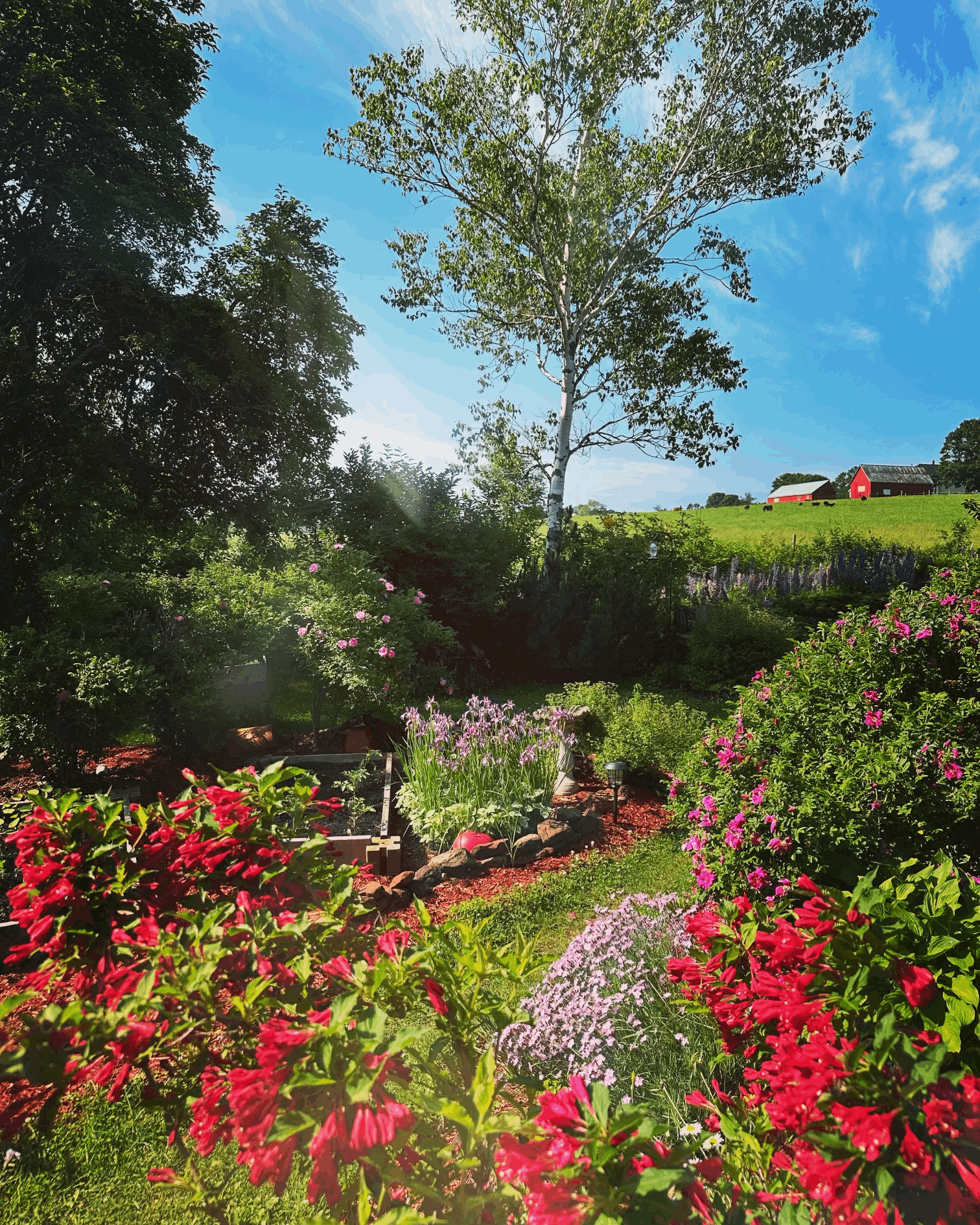Meet William Bonfiglio, the 2020 Hideout residency scholar
/Earlier this year, we announced the launch of the Hideout residency program. The program is designed to provide writers, artists, and wellness practitioners with affordable, accessible opportunities to retreat to a quiet setting to focus on their own creative projects and practise. Enthusiasm for the program has been strong, and although COVID delayed and re-arranged some of our residency dates, we’re pleased to welcome our first residents to the Hideout this fall.
As part of the program, we committed to offering a full scholarship covering residency costs for one week to an Atlantic-based writer or practitioner. We’re so pleased to welcome William Bonfiglio to the Hideout this October.
Originally from Philadelphia and Western New York, William is a PhD candidate at the University of New Brunswick. His poetry has been awarded a Pearl Hogrefe Grant in Creative Writing Recognition Award, the Julia Fonville Smithson Memorial Prize, and has appeared in Sugar House Review, American Journal of Poetry, EVENT, and elsewhere. During his fall residency at The Hideout, William will be working on a collection of poems called Brutal Elegies.
We caught up with William recently to ask a few questions about writing, residencies, and his plans for the Hideout.
_____
Tell us more about your own interests and preoccupations as a writer. Any notable influences or mentors?
Writing has offered me a means of engaging with subjects that intrigue and perplex me. In the past, I’ve explored such themes as mass shootings in my home country of the United States, interpersonal relationships, and grief and trauma. Along the way, I’m very lucky to have been mentored by Alistair MacLeod, Natasha Trethewey, and Mark Doty, among others.
My recurring preoccupation regards that label, “writer.” Typically, I don’t think of myself in that way – I’m more comfortable describing myself as a student or teacher. Part of this may stem from the fact that it’s terribly difficult to build a viable career from writing alone. But it’s also daunting to think of myself in this way when I only have a handful of credits to my name and no full-length publication. Some days, this can be a debilitating mindset.
But on better days I can remind myself that comparing my work and accomplishments to someone else’s is an inherently flawed exercise. I cannot compare myself to the writers I admire because I am not the writers I admire. My experiences, my interests, my ideas – these are subjectively mine. Likewise, the style I use to recount and engage with these ideas is mine, not at all like, say, MacLeod’s or Trethewey’s or Doty’s. But that doesn’t mean it’s not to be valued. As Shara McCallum, a gifted teacher, once reminded me, “There’s room for everyone at the table.” I think that’s a sentiment worth sharing.
In your opinion, how important are residencies and retreats for writers?
One of the difficulties writers encounter is that, while most tasks and jobs have defined end points and places where one’s efforts can be measured in observable results, the writing and revising process is much more indefinite; there is often no ‘finish line.’ Instead, goals are self-imposed and arbitrary, and a work is complete only when the writer subjectively deems it so.
Because writing does not have a defined endpoint, it’s easy to be distracted by or to defer to tasks that do. This has been especially true during the pandemic, as writers have had to shoehorn their workspace into their living space. In this overlapping environment, where there’s always cleaning or disinfecting to be done, choosing to write can often feel selfish.
Residencies offer writers both the opportunity and the encouragement to immerse themselves in their art, to read and compose and to not need permission to do so. Attendees get to step away from the day-to-day and devote themselves singularly to their art. For an aspiring artist, I don’t think there’s any greater privilege.
Tell us more about the project you'll be working on during your time at the Hideout.
Currently, I’m a PhD candidate at the University of New Brunswick, where I’m writing a two-part thesis under the direction of Dr. Sue Sinclair and Prof. Triny Finlay. The first part of my thesis is a critical survey of the interplay between ‘madness,’ creativity, and ekphrasis – the verbal description of a visual description. The second part will be a full length poetry collection that biographies contributors to the art brut movement and responds to their work via ekphrasis. For my residency, I’ll be looking toward completing the first part’s conclusion.
What appeals to you most about the Hideout residency in particular?
Having been a university student for ten of the last twelve years has not given me much chance to establish financial security. Without expendable income, I’ve refrained from applying to most programs and residencies, but the Hideout’s baseline affordability and scholarship program encouraged me to give it a shot. It’s encouraging that – from the application process to the residency itself – Hideout has the means and willingness to accommodate lower-income attendees.
That said, I think the Hideout’s greatest draw is its setting. Nova Scotia may claim to be “Canada’s Ocean Playground,” but anyone who’s visited PEI can beg to differ. It’s been twenty years since I was last on the island, and I look forward to seeing how much I recognize from the family photo albums.
Any tips for other writers considering their first residency experience?
Just like when you’re home, success at a residency is what you make of it. Set goals, plot a schedule, and follow a regimen – including going to sleep at a reasonable hour and setting an alarm clock for the morning.
But more than anything, residencies are a gift. Enjoy that gift.


